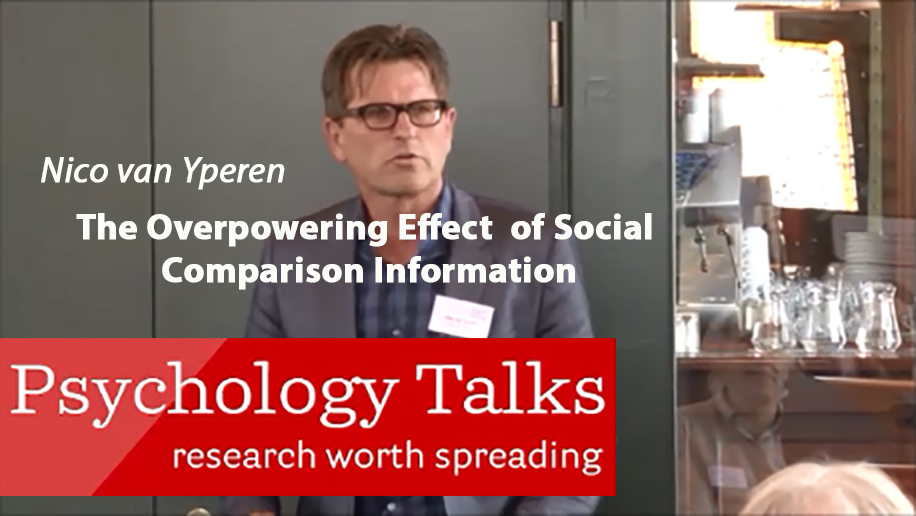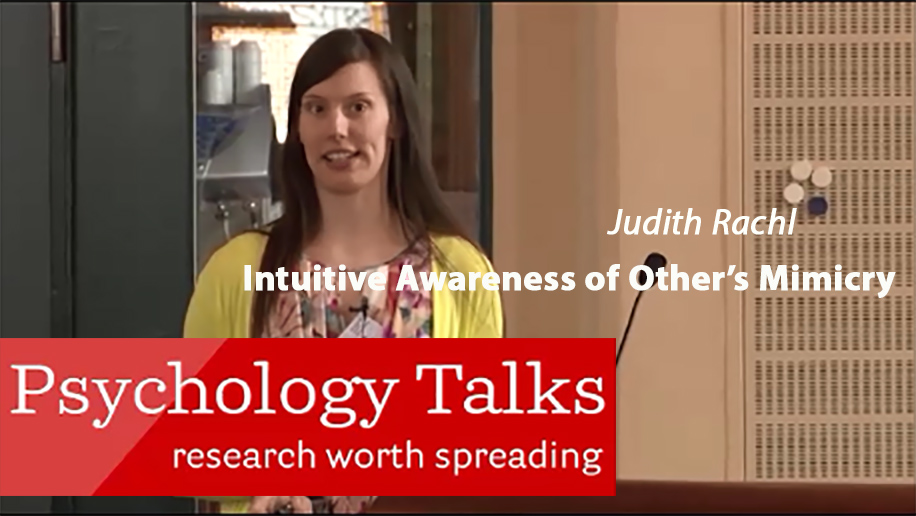Organizational Psychology
Hiding behind the mask of normalcy: Leader psychopathy and the role of emotion regulation strategies
Those with psychopathic tendencies sometimes do pretty well in society and some are even capable of acquiring a leadership position. Could it be, as is sometimes assumed, that they hide behind the mask of normalcy and manage their public display of emotions? In a multi-source field study of leaders and followers (N = 311 teams) professor Barbara Wisse and her researchers found that leader psychopathy is positively related to faking or hiding emotions (surface acting) as well as to attempts to actually experience a required emotion (deep acting). Moreover, leaders with psychopathic tendencies better stick to surface acting and refrain from deep acting: Negative effects of surface acting and positive effects of deep acting on follower well-being and attitudes were less pronounced for those scoring higher on psychopathy.
Understanding and capturing the complexity of resilience
Resilience is conceptualized as the process of adapting well to adverse events. However, so far the current literature is lacking a specific theoretical approach that can help understanding how this process unfolds over time as well as providing the research tools to capture these trajectories. In order to fill this void, PhD student Yannick Hill will present a dynamic systems approach to resilience and demonstrate how it ties together with the existing literature on resilience in sports. Finally, he will provide an overview of its implications for future research.
Displaced Aggression and Violence A Compensatory Competence Theory
Aggression increases when people’s goals are thwarted, but it remains unclear why the aggression often gets displaced onto unrelated targets. I propose that displaced aggression is actually goal directed and serves to compensate for a threatened sense of competence.
The Overpowering Effect Of Social Comparison Information
How members of socially disadvantaged groups cope with subtle discrimination and prejudice.Importantly, drs Jolien van Breen, shows that members of disadvantaged groups are more resilient than previously thought.
Intuitive Awareness of Other's Mimicry
Talk by J. (Judith) Rachl, MSc at the 2014 Heymans Symposium 'Research Worth Spreading' of the Psychology department of the University of Groningen
| Last modified: | 26 October 2021 12.33 p.m. |


